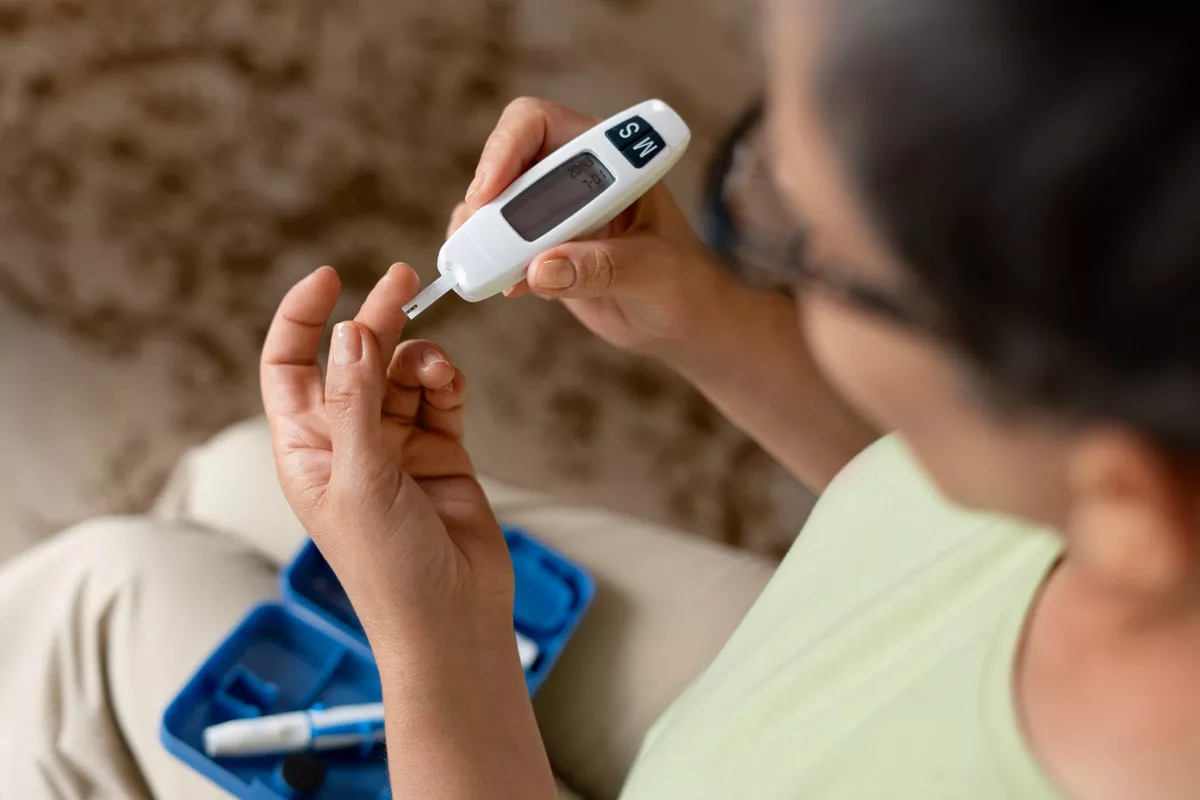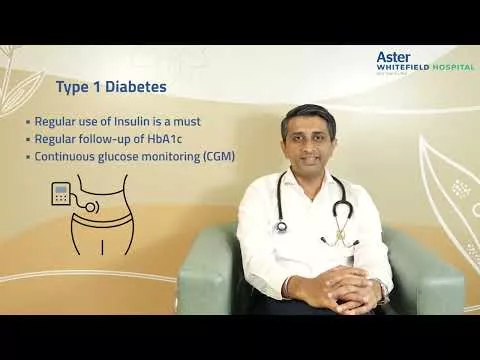Diabetes is usually regarded as a chronic disease. However, new studies and medical outcomes indicate that in most individuals, particularly those with type 2 diabetes, it may be controlled to the extent that the blood sugar levels are restored to normal without drugs. This has raised a rising concern among medical and patient fraternities, i.e. can diabetes be reversed?
Learning the science of reversing diabetes safely and sustainably begins by learning how diabetes works. Although it is not a magic pill, a combination of lifestyle changes, medical support, and regular effort can result in permanent changes.
What Does Reversing Diabetes Mean
Reversing diabetes does not mean the disease is cured. Instead, it means achieving and maintaining normal blood sugar levels without relying on medication. When this happens over a long period, especially with the support of a healthy lifestyle, it is often referred to as remission.
People in remission show no signs of high blood sugar and may feel like they no longer have diabetes. However, ongoing care and monitoring are still required to prevent relapse. That is why medical experts avoid using the word “cure” and prefer to focus on remission and control.
Can Diabetes Be Reversed in All Cases
The short answer is no! Type 1 diabetes is an autoimmune condition where the pancreas stops producing insulin. At present, it cannot be reversed. However, type 2 diabetes, which is often linked to weight, diet, and lifestyle, can be reversed or brought into remission in many cases.
So, if you are asking, can type 2 diabetes be reversed permanently, the answer depends on the individual. It is possible to maintain remission for years with the right care, but long-term success requires discipline and commitment.
Key Steps on How to Reverse Diabetes
Reversing diabetes is not about doing one thing. It is a combination of actions that support your body’s ability to use insulin more effectively and reduce blood sugar naturally.
1. Lose Extra Weight
Weight loss is one of the most effective ways to improve insulin sensitivity. Even a 5 to 10 per cent drop in weight can significantly lower blood sugar levels. Fat stored in the liver and pancreas interferes with insulin function. Reducing that fat through diet and exercise allows your body to process glucose better.
2. Follow a Low-Carb, High-Fibre Diet
Carbohydrates raise blood sugar levels. Limiting processed carbs and focusing on whole grains, vegetables, nuts, seeds, and lean protein can help stabilise blood sugar. Fibre slows digestion and reduces spikes in glucose. A balanced plate should include mostly non-starchy vegetables, moderate protein, and healthy fats.
3. Stay Physically Active
Exercise increases insulin sensitivity and helps your body use glucose for energy. Aim for at least 150 minutes of moderate activity per week. This could include walking, cycling, swimming, or strength training. Staying active after meals can also help reduce post-meal blood sugar spikes.
4. Get Quality Sleep
Poor sleep can increase insulin resistance. Aim for 7 to 8 hours of sleep each night. Avoid screens before bed and stick to a regular sleep schedule.
5. Manage Stress Levels
Chronic stress can lead to hormonal imbalances that affect blood sugar. Techniques like meditation, yoga, breathing exercises, and counselling can help. Even 10 minutes of mindfulness each day can improve your overall health.
6. Regular Monitoring
Check your blood sugar regularly to track your progress. This helps you understand what works and what needs adjustment. It also keeps you informed and motivated.
7. Work with a Medical Professional
You should never stop medications or change your treatment plan without medical advice. A qualified diabetologist can help you create a personalized plan that includes dietary changes, physical activity, and medication adjustments.
Role of Medication and Medical Support
In some cases, medications are still required during the reversal process. They support your body while you make changes to your diet and routine. As your health improves, your doctor may reduce or stop certain medications based on your blood sugar levels.
Working with a diabetologist ensures that your approach is safe and backed by regular health checks. This includes tracking your HbA1c levels, cholesterol, kidney function, and blood pressure to avoid complications.
Is Reversal Permanent
Can type 2 diabetes be reversed permanently? The answer depends on how consistent the lifestyle changes are. If you return to unhealthy habits, blood sugar levels may rise again. However, with long-term commitment, many people stay in remission for years. The goal is not just to reverse diabetes temporarily but to build habits that prevent it from coming back.
Why Early Action Matters
The earlier you start, the better the results. People recently diagnosed with type 2 diabetes are more likely to achieve remission than those who have had the condition for many years. This is because long-term high blood sugar can damage the pancreas, making it harder to regain full function. If you have prediabetes, lifestyle changes can often prevent diabetes from developing altogether.
Conclusion
So, can diabetes be reversed? In many cases of type 2 diabetes, yes. By understanding how to reverse diabetes through targeted changes in diet, exercise, weight management, and medical care, you can take control of your health. While not everyone will achieve permanent remission, many can reduce their reliance on medication and enjoy a better quality of life.
If you are looking to take the next step, speak with a qualified diabetologist who can guide you through the process safely. Reversal starts with awareness, and the right support makes all the difference.









